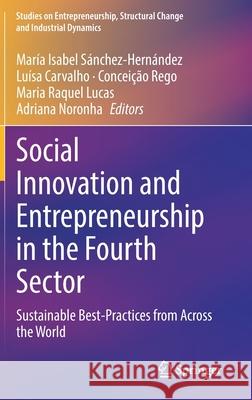Social Innovation and Entrepreneurship in the Fourth Sector: Sustainable Best-Practices from Across the World » książka
topmenu
Social Innovation and Entrepreneurship in the Fourth Sector: Sustainable Best-Practices from Across the World
ISBN-13: 9783030757137 / Angielski / Twarda / 2021 / 331 str.
Social Innovation and Entrepreneurship in the Fourth Sector: Sustainable Best-Practices from Across the World
ISBN-13: 9783030757137 / Angielski / Twarda / 2021 / 331 str.
cena 685,93
(netto: 653,27 VAT: 5%)
Najniższa cena z 30 dni: 655,41
(netto: 653,27 VAT: 5%)
Najniższa cena z 30 dni: 655,41
Termin realizacji zamówienia:
ok. 16-18 dni roboczych.
ok. 16-18 dni roboczych.
Darmowa dostawa!
Kategorie:
Kategorie BISAC:
Wydawca:
Springer
Seria wydawnicza:
Język:
Angielski
ISBN-13:
9783030757137
Rok wydania:
2021
Wydanie:
2021
Numer serii:
000805604
Ilość stron:
331
Waga:
0.65 kg
Wymiary:
23.39 x 15.6 x 2.06
Oprawa:
Twarda
Wolumenów:
01
Dodatkowe informacje:
Wydanie ilustrowane











